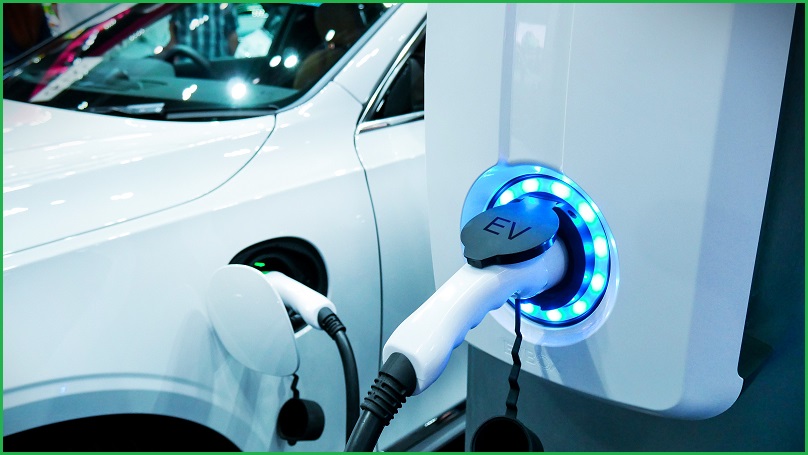Electric vehicles (EVs) will be exempt from fringe benefits tax under new legislation introduced this week, giving some Australian businesses and employers a discount on the total price of low-emissions cars.
The exemption will apply to battery, hydrogen fuel cell, and plug-in hybrid electric cars valued below the luxury car tax threshold for low emission vehicles ($84,916 for the 2022-23 financial year).
Employers who provide eligible EVs for staff and employees who lease an EV through salary sacrifice programs are the main beneficiaries of the EV discount.
Treasurer Jim Chalmers said the change to fringe benefits tax could see employers save $9,000 on a car valued at $50,000.
“Australia now has a government which understands the economics of cleaner and cheaper and more reliable energy, and recognises the generational imperative that we have to act on climate change,” he said in a speech on Wednesday.
The new government’s approach to EVs, while somewhat niche in targeting fringe benefits tax, is at least offering direct incentive for new EV purchases after its predecessors’ policy – which didn’t have much in the way of subsidies – was labelled a “fizzer” by industry bodies.
States and territories have led the way in Australia when it comes to encouraging the uptake of EVs with incentives like waiving stamp duty for new purchases, free registration, and even thousands of dollars' worth of rebates for eligible cars.
The ACT has gone as far as announcing it will “cease registration” of new non-zero emissions vehicles by 2035.
Climate Target
Along with its EV discount, the new government used its first productive parliamentary sitting day to introduce legislation codifying the country's emission reduction targets.
The first aim, described by Climate Change Minister Chris Bowen as a “minimum commitment”, is to reduce Australia’s net greenhouse gas emissions “to 43 per cent below 2005 levels by 2030” with a view of reaching net zero by 2050.
“The time for action is now,” Bowen said in a speech on Wednesday, adding that “2030 is 89 months away”.
“We do not have long to achieve these goals.
“We have been waiting too long, and now is the time to get on with it.”
Labor has said it will not ban new fossil fuel projects – like coal mining and gas production – in order to reach its 2030 emissions targets, which Greens leader Adam Bandt has said doesn't go far enough.
“Europe is burning, California is burning and Australia’s environment is collapsing, but the government wants to open new coal and gas mines,” Bandt said.
“You don’t put the fire out while pouring petrol on it.”










